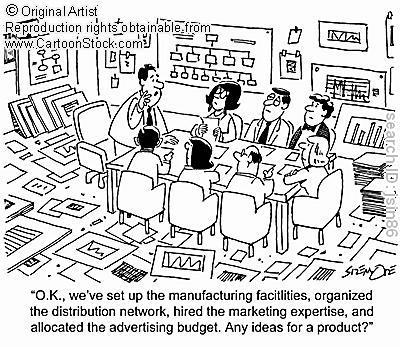"People of the world don't look at themselves, and so they blame one another." - Mevlana Rumi
1. What area of study did you choose? Why?
Our area of study was the future. Our project focus was "What would happen if oil ran out today?" We chose it because it was appealing to all of us especially me (Jacelyn) because I watched a documentary. Then, I intrigued the rest of the group by recommending the said documentary. We also decided to do it because we wanted to do something that did not involve money and a lot of time.
2. What did your groups hope to achieve? What was your proposed outcome?
We hoped to discourage people from living excessively and encourage them to live sustainably; with our main focus being the use of plastic bags. We planned to achieve this by creating a video and presentation to be shown to all secondary learners during an assembly.
3. How could you critically evaluate the success of your outcome?
We would have had a discussion; sent out a survey and use the feedback to consolidate our evaluation.
4. What were your specific group roles and responsibilities? How did you organise this Was the allocation effective?
Jacelyn - Shaper, wrote video script.
Jia Yi - Secretary, IT expert, to create video.
Mia - Informal transcriber, wrote and edited script.
Wen Wen - Odd-jobber, found videos, pictures, and edited script.
5. Did your project have enough scope for every group member to play an active, full time part in the group work? How could you improve this?
We had enough scope for everyone to play an active role in the group work. We all contributed ideas equally. The distribution was pretty ideal so there isn't much room for improvements.
6. Was the workload manageable in the time frame given?
It was manageable, some tasks were finished ahead of schedule, others were delayed.
Improvements: Set a timer to help us keep track of time, since we take ages to make decisions because of the discussion involved.
7. How effective were your minutes and agendas? How did they help you? How could you improve them?
Our agendas were not extremely effective or helpful, except to remind us of what we did in the previous lesson. I (Jacelyn) personally, haven't even seen them. We didn't take minutes as such but we took notes of ideas and decisions made during the meeting. Sometimes, flow of conversation was also recorded. We found our notes we found more useful especially in our reflections and in distinguishing the exact dates things occurred.
Improvements: Make our agendas like our notes and have both minutes and notes.
8. How did you gather information and opinions / viewpoints from a personal, national / local and global perspective?
We researched on the Internet. We used our personal experiences to decide on the best form of communication to our target audience. (our age group)
9. How did/could you ensure you consider all these perspectives in your project?
He made a fish bone diagram that encompassed the perspectives. Improvement: Checklist.
10. Would your outcome need to be accompanied by some additional explanation or elaboration?
A little bit. We would have needed to explain how our final outcome links with our focus; explaining the thought process.
11. How could you make sure you include cross-cultural views?
Compare our target audience (secondary learners) in different schools (National, Chinese, Tamil, International).
"Follow effective action with quiet reflection. From quiet reflection will come even more effective action." - Peter F. Drucker













